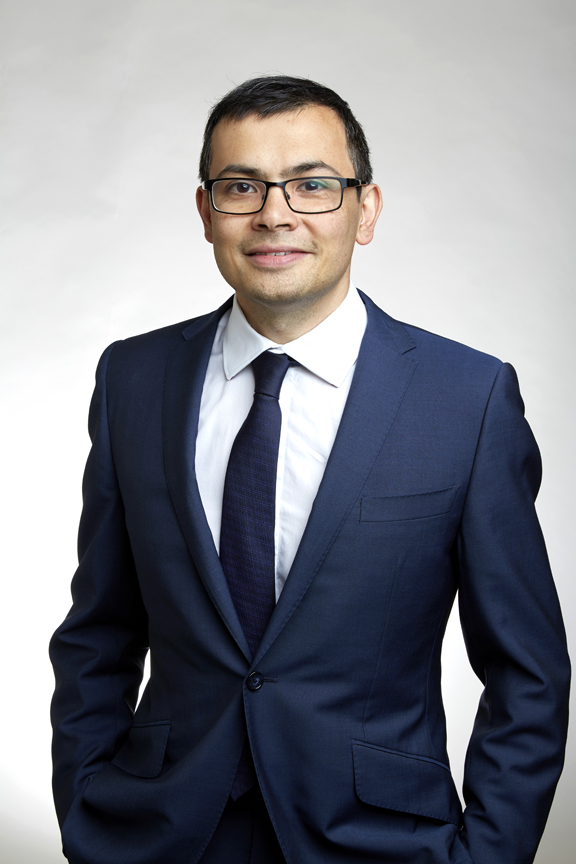Demis Hassabis has become one of the defining figures in modern artificial intelligence. As the CEO and co-founder of Google DeepMind, he blends deep scientific knowledge with visionary leadership, advancing AI not only as a technical field but as a force for global change. His influence in 2024 and into 2025 is felt across science, policy, and industry—where AI’s promise and risks are more pressing than ever.
A Mind Shaped by Curiosity and Complexity
Born in London in 1976 to a multicultural family, Hassabis showed intellectual range from an early age. By his teens, he was a chess prodigy; by his early twenties, he was co-developing award-winning video games. But his interests extended far beyond entertainment. Driven by a desire to understand intelligence itself, he studied computer science at Cambridge and later earned a PhD in neuroscience at UCL.
This rare blend of cognitive science and computational thinking shaped the core philosophy of his work: that to build true artificial intelligence, we must first understand how natural intelligence works.
The DeepMind Mission
In 2010, Hassabis co-founded DeepMind with a bold objective—to build AI capable of learning and thinking like a human. The company quickly gained a reputation for cutting-edge research. Google acquired DeepMind in 2014, but Hassabis remained at the helm, preserving its independent research culture within Alphabet.
DeepMind made global headlines in 2016 when its program AlphaGo defeated Go world champion Lee Sedol—a landmark moment that changed how the world viewed machine learning. It wasn’t just a win in a board game; it was a leap in AI’s ability to solve problems through experience.
Since then, DeepMind has launched groundbreaking systems:
- AlphaFold, which predicted protein structures with astonishing accuracy, advancing biomedical science.
- AlphaDev, which optimised core computing algorithms.
- Gemini, a general-purpose AI model designed to handle a wide range of complex tasks.
Leading the Charge in a New AI Era
As 2025 unfolds, AI development has accelerated, raising urgent questions about safety, ethics, and control. Amid rising competition between major labs, Hassabis has taken on a more public role. After Alphabet merged DeepMind and Google’s AI divisions in 2023, he became central to its entire AI strategy.
The release of Gemini 1.5 in 2024 and progress toward Gemini 2 reflect Hassabis’s focus: high-performance AI that learns from data efficiently, solves real-world problems, and avoids hype-driven development.
What sets him apart is not just technical brilliance—it’s his insistence on long-term responsibility. While other firms race to release increasingly powerful models, Hassabis emphasises internal testing, safety protocols, and international collaboration.
A Voice for Ethics and Oversight
Hassabis has repeatedly called for global cooperation on AI safety. He warns that unchecked development of artificial general intelligence (AGI) could pose existential risks. Rather than relying on regulation alone, he urges researchers to bake ethics into system design from the start.
In 2024, he participated in international AI safety summits, offering concrete proposals: model evaluation standards, alignment research funding, and knowledge-sharing between countries. Policymakers increasingly view him not just as a technologist but as a bridge between science and governance.
Accelerating Discovery Through AI
While the risks are real, Hassabis remains optimistic about AI’s potential to revolutionise scientific discovery. Under his leadership, DeepMind has used machine learning to explore unsolved problems in math, biology, and physics.
He envisions AI as a collaborator with scientists—a tool that augments rather than replaces human insight. In one example, AlphaFold provided researchers with protein structure predictions at a scale that would have taken decades by hand, speeding up vaccine development and drug research.
This idea—that AI can become a new kind of research engine—is central to Hassabis’s mission.
The Road Ahead
As artificial intelligence continues to evolve, so does the role of those shaping it. Hassabis is not only building smarter systems—he’s defining what intelligence means in a technological age. His efforts extend beyond code and algorithms; they reach into science, society, and the future of human knowledge.
In 2025, as the world debates the balance between innovation and caution, Demis Hassabis remains one of its most trusted and forward-thinking leaders.
